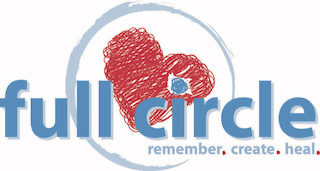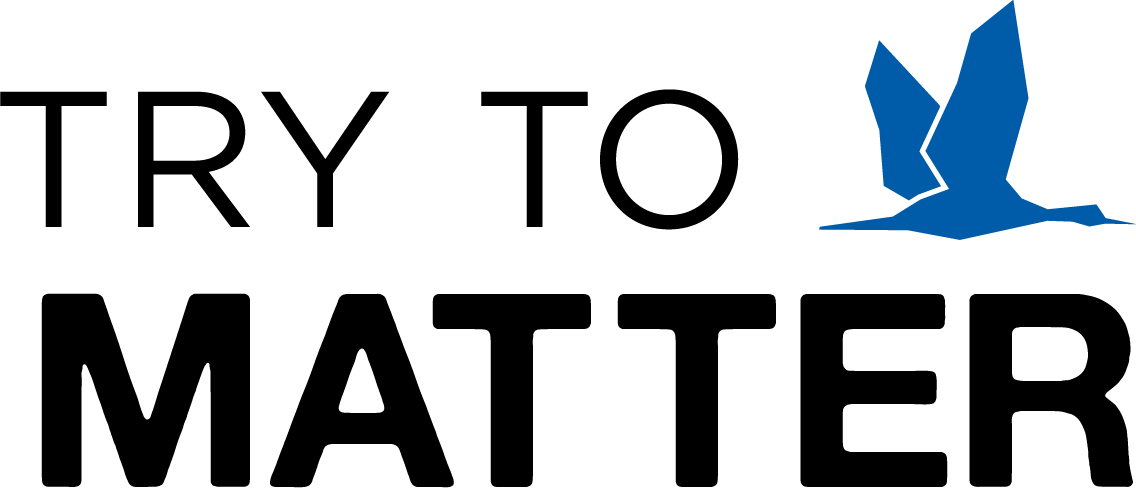Full Circle

Tell me a little bit about Full Circle and its mission to walk people through their grief journey.
Full Circle's mission is to provide comprehensive, professional bereavement support to children, families, and the community. This important work, directly related to the physical and mental health of our community, is an imperative service not comparably offered anywhere else in our area.
Full Circle was started in September 2008 as a comprehensive grief resource center in the Richmond area to help meet the needs of grieving children (ages 3-18) and their families. Full Circle now provides grief counseling groups for grieving children, adults, and families as well as bereavement educational programs – offered both at our Center and in partnership with schools and community organizations. We are also home to an Individual Counseling Practice for children, adults, and families, which allows us another way to provide multiple options to serve grieving community members. Our programs include:
Counseling Groups
- Overdose Loss Group (OLG) for adults grieving a death due to overdose
- Suicide Loss Group (SLG) for adults grieving a death by suicide
- Perinatal Loss Group (PLG) for parents who are grieving the death of a baby
- Hands On Healing (HOH) Group for families including parents, children, and other family members
- Pregnancy After Loss Group for mothers who have previously experienced the death of a baby and are currently pregnant
- Parenting After Loss Group for mothers who have previously experienced the death of a baby and are currently parenting young children
- Homicide Loss Group in partnership with Virginia Victim Assistance Network for individuals grieving the loss of a loved one by homicide
- Widow/Widower Group for individuals grieving the death of a partner
- Monthly “Journeying Through Grief” groups for adults grieving any type of death
Individual Counseling
- Counseling for children, adults, and families grieving the death of a loved one or anticipating the death of a loved one
Grief Education
- Bereavement training for local professionals and community members
- Publication of the area’s first and only comprehensive grief resource manual
- Monthly “Conversations About Grief,” educational meetings about a wide variety of grief-related topics
Full Circle offers grief and loss specific support groups and one of them is suicide loss. What does this class entail, how long is it, and where is it offered?
Full Circle's Suicide Loss Group (SLG) is an 8-week support group for adults who have lost a loved one to suicide. This group is closed, meaning the same cohort meets together for all 8 weeks. The group meets at Full Circle Grief Center in Henrico's West End.
Full Circle’s Suicide Loss Group curriculum is rooted in traumatic grief research and the adverse childhood experiences scale. Our loss-specific approach is unique because we are able to meet the particular needs of the individual who is grieving at every step in our process, from an intake call with a professional, a full psychosocial assessment before beginning the program, clinical case management, and support within an 8-week group setting. Grief support groups offer companionship and understanding from others who have experienced a similar loss and give the opportunity to discuss the challenges that living with grief can bring. This connectedness to others is key in lowering one’s risk of complicated or unresolved grief. During the group, members participate in many creative expression activities as a way to verbalize and work through their grief.
Suicide loss is a complicated form of grief. It takes a lot of work and is an up and down journey. What benefits does your class offer and can you join it anytime during your loss journey?
Grieving a death by suicide is complicated because of the sudden, unexpected, and often violent nature of the loss. Survivors experience shock and often yearn for their loved one intensely after their death. Death by suicide can lead to survivors' entire world being disrupted and may even lead to symptoms of PTSD. Individuals who experience this type of loss often desire the ability to explain the death, experience high levels of guilt and perceived responsibility, and may experience a greater level of stigmatization and shame. Typically, suicide loss survivors receive less social support than those grieving other types of deaths.
All of these unique challenges can lead to stress and a lengthy bereavement period for suicide loss survivors. The group setting is highly beneficial to suicide loss survivors since they often feel it is the only place where they can be honest and understood, since they are around others who have had similar experiences.
